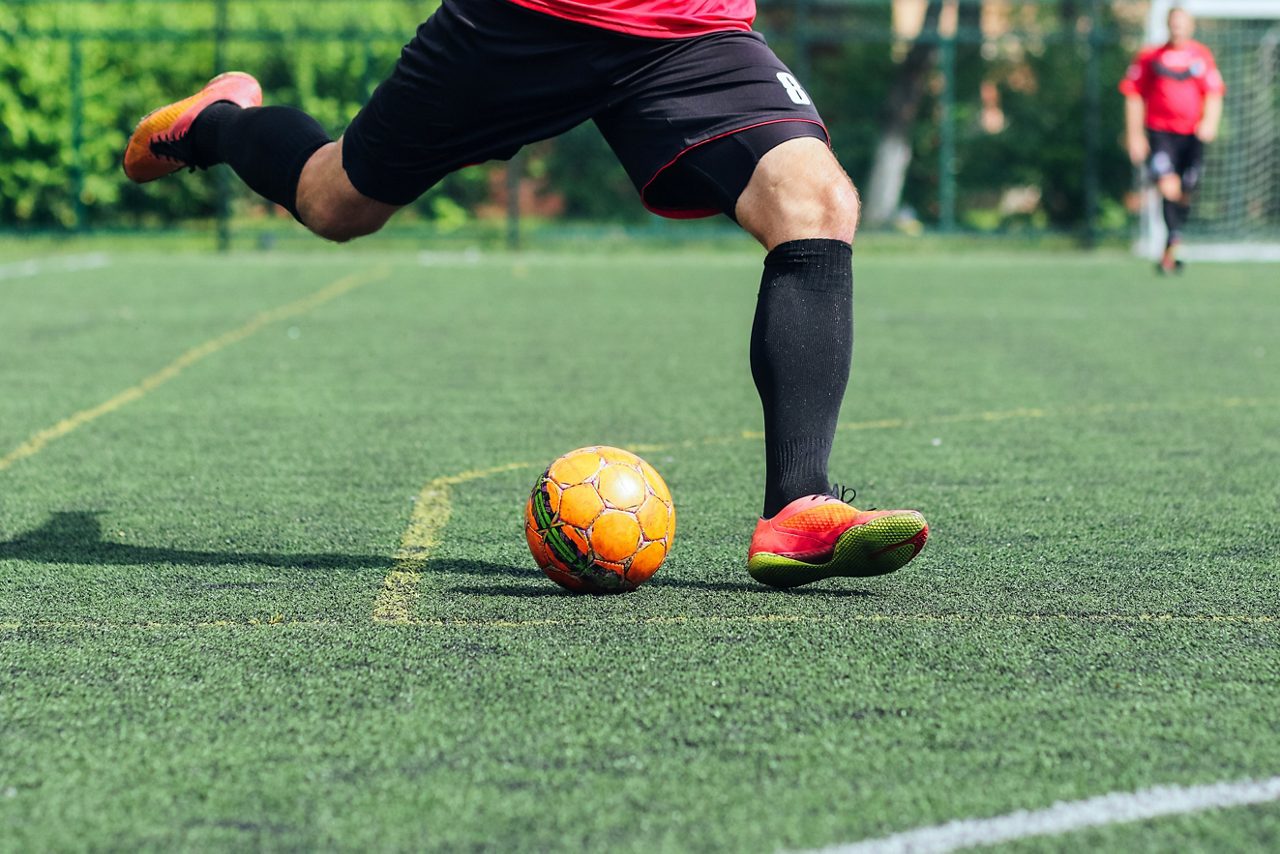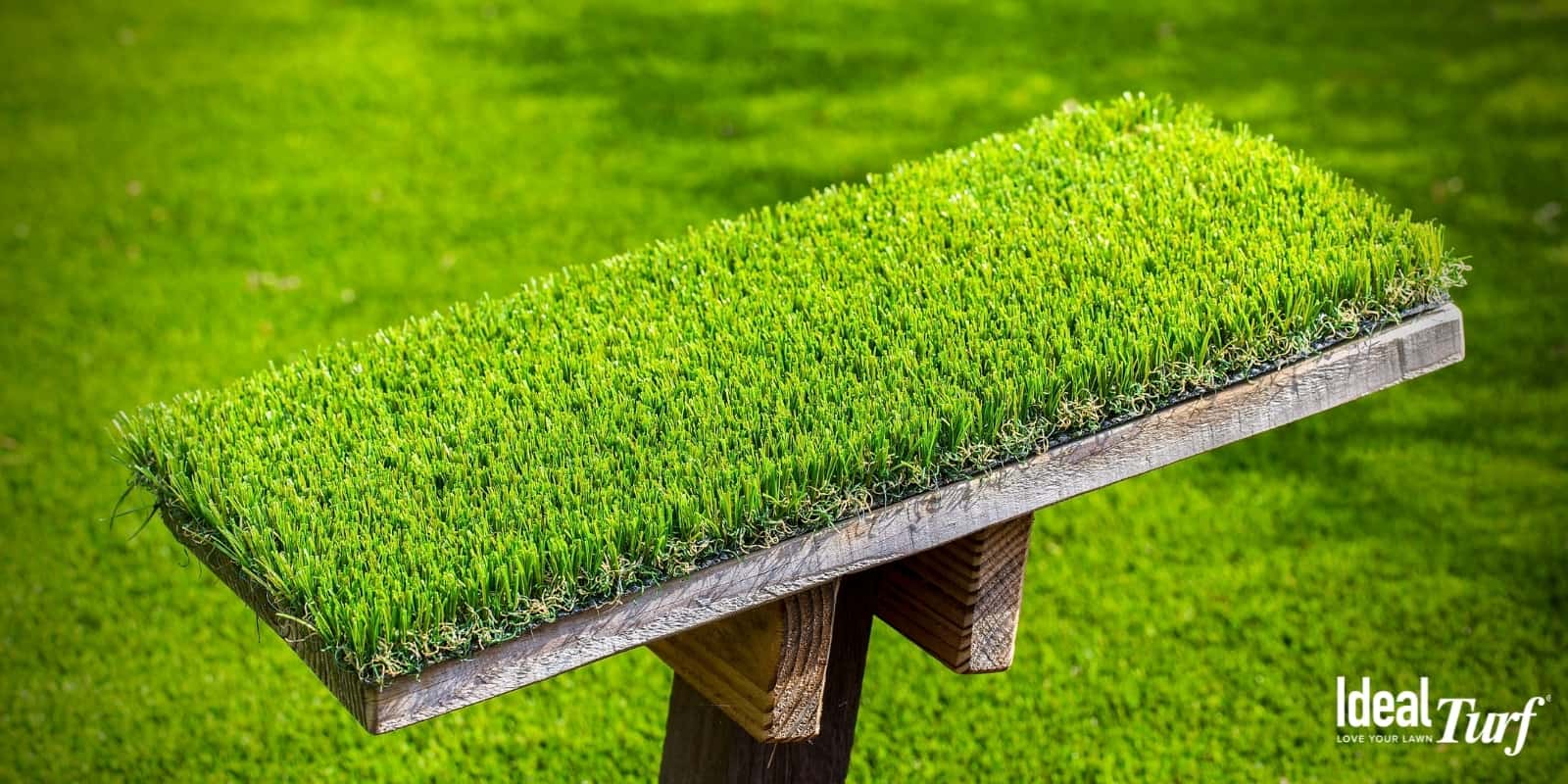Custom Turf Installation Phoenix AZ for Homes, Companies, and Recreational Spaces
Custom Turf Installation Phoenix AZ for Homes, Companies, and Recreational Spaces
Blog Article
Delve Into the Environmental Advantages of Opting for Artificial Grass Solutions
The fostering of man-made lawn services offers an engaging opportunity to deal with pushing environmental challenges. By dramatically decreasing water usage and reducing the application of damaging chemicals, these choices not just promote sustainable landscape design yet also shield local environments.
Water Conservation Perks
Among one of the most substantial benefits of artificial turf is its capability to preserve water. Traditional grass lawns need significant watering, specifically in locations prone to dry spell or water restrictions. In comparison, synthetic grass does not need watering, significantly minimizing the overall demand for water sources. This function is specifically helpful in deserts where water shortage is a pressing concern.
By eliminating the need for routine watering, synthetic grass adds to lasting landscape methods and aids alleviate the ecological influence of excessive water usage. Moreover, the preservation of water includes the reduction of overflow, which can lead to soil erosion and river contamination.
In addition, the installation of synthetic grass permits communities and house owners to allocate water resources more effectively, concentrating on vital usages such as alcohol consumption water and agriculture. The change towards synthetic grass not only advertises accountable water use yet also straightens with wider ecological objectives focused on protecting natural deposits.
As neighborhoods progressively prioritize sustainability, the water conservation benefits of fabricated lawn offer an engaging situation for its adoption in residential and commercial landscape design projects.
Decreased Chemical Usage
The transition to fabricated grass dramatically lowers the reliance on chemical treatments typically used in all-natural turf maintenance. Standard turf monitoring typically includes the application of pesticides, herbicides, and plant foods to promote growth and control pests. These chemicals can pose risks to human wellness, regional wild animals, and the environment, adding to soil and water contamination.
In contrast, artificial grass eliminates the demand for these hazardous substances. When installed, it needs very little upkeep, mostly being composed of regular cleansing and occasional infill replenishment. This decrease in chemical usage not only benefits the prompt environment yet also contributes to wider ecological stability. By lessening the launch of artificial compounds right into the ecosystem, synthetic grass promotes healthier soil and water systems.
Additionally, the absence of chemical drainage associated with synthetic grass installations helps shield regional rivers from contamination, sustaining water life and keeping biodiversity. Arizona artificial turf. As areas significantly focus on sustainable techniques, choosing synthetic grass provides a viable remedy that straightens with environmental preservation objectives. Through this change, building proprietors can take pleasure in lush green rooms without jeopardizing eco-friendly health, leading the way for a more lasting future
Reduced Carbon Footprint

Furthermore, the setup of synthetic lawn can lead to significant water preservation. All-natural yards require considerable quantities of water for watering, which not only includes in the carbon footprint related to water extraction and therapy however likewise strains regional water resources. In comparison, man-made turf requires marginal upkeep, requiring no watering, thus dramatically decreasing water usage and its linked power costs.
Furthermore, the longevity of synthetic grass adds to its lower carbon effect. With a life expectancy of as much as 15 years or even more, the demand for frequent substitutes is reduced, resulting in much less waste and lower power usage in manufacturing and throwing away conventional grass choices. Overall, man-made turf presents a sustainable choice for environmentally mindful landscape design.
Habitat Preservation
Habitat preservation is an important factor to consider in the debate over landscape design choices, particularly when contrasting artificial lawn to all-natural turf. All-natural grass yards commonly need substantial maintenance, consisting of using plant foods, pesticides, and herbicides, which can detrimentally affect regional environments. These chemicals can leach right into the dirt and rivers, harming indigenous flora and animals and interfering with regional environments.
Synthetic grass gets rid of the requirement for unsafe chemicals, thus shielding close-by wildlife and preserving the integrity of bordering environments. The installment of artificial grass can lead to the conversion of former turf areas into more biodiverse landscapes, such as pollinator gardens or native plant locations, which can sustain regional wildlife.
Eventually, the shift to synthetic grass not only preserves water and reduces maintenance initiatives however also fosters an extra unified partnership in between human activities and the native environment, promoting habitat preservation in the process.
Long-Term Sustainability
Long-term sustainability is a vital factor in examining the benefits of man-made grass over standard lawn lawns. Among one of the most considerable benefits of synthetic grass is its durability; it can last up to 15-20 years with marginal maintenance, whereas all-natural turf needs frequent reseeding and substitute. This my company longevity minimizes the need for consistent resources, such as water, plant foods, and pesticides, which are important for maintaining a healthy and balanced grass yard.
Additionally, synthetic grass contributes to a decrease in carbon discharges linked with lawn treatment tools. Standard grass usually need gas-powered lawn mowers, leaners, and blowers, all of which contribute to air contamination. Artificial turf companies phoenix. On the other hand, synthetic grass gets rid of the need for such devices, promoting a cleaner atmosphere
Moreover, the manufacturing of artificial lawn significantly uses recycled products, boosting its sustainability profile. As producers embrace eco-friendly techniques, the environmental footprint visit this website of fabricated lawn remains to diminish.

Conclusion
The adoption of man-made lawn remedies offers substantial ecological advantages, consisting of considerable water conservation, minimized dependence on dangerous chemicals, and a reduced carbon impact. Artificial lawn aids in preserving all-natural environments by lessening land disruption and promoting long-term sustainability with the usage of durable materials. Jointly, these aspects highlight the capacity of fabricated lawn to contribute favorably to ecological health and offer a sensible choice to conventional landscape design methods in a progressively resource-conscious globe.
In contrast, artificial turf does not require watering, considerably decreasing the total demand for water resources. By decreasing the release of artificial compounds right into the environment, artificial lawn promotes healthier dirt and water systems.
Additionally, the installation of man-made turf can result in considerable water preservation. In contrast, man-made turf needs minimal maintenance, calling for no watering, thereby substantially minimizing water usage and its connected power costs.
Report this page